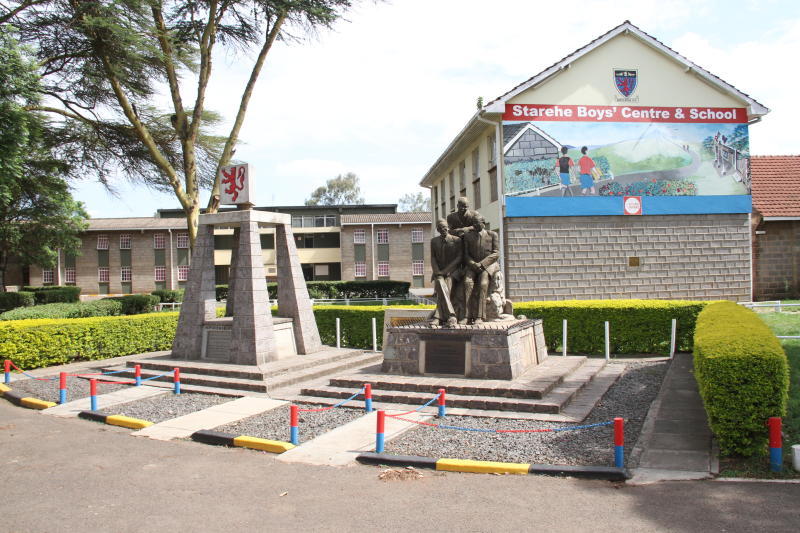×
The Standard e-Paper
Join Thousands Daily

One local daily had an unusual headline on Friday last week. It stated that a Starehe Boys Centre alumnus will head Safaricom, Kenya‘s most profitable company from April next year.
After the return of the founding CEO Michael Joseph on an interim basis following the death of Bob Collymore, Safaricom now has a substantive executive, Peter Ndegwa.